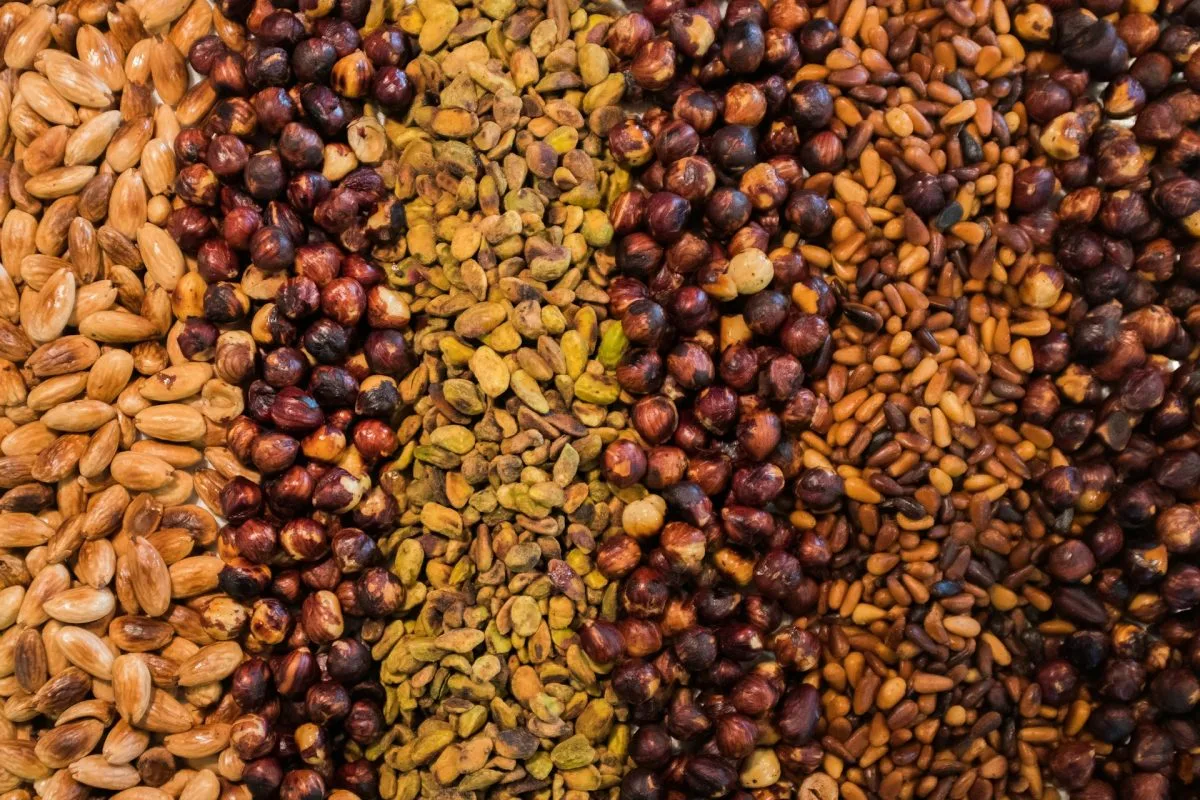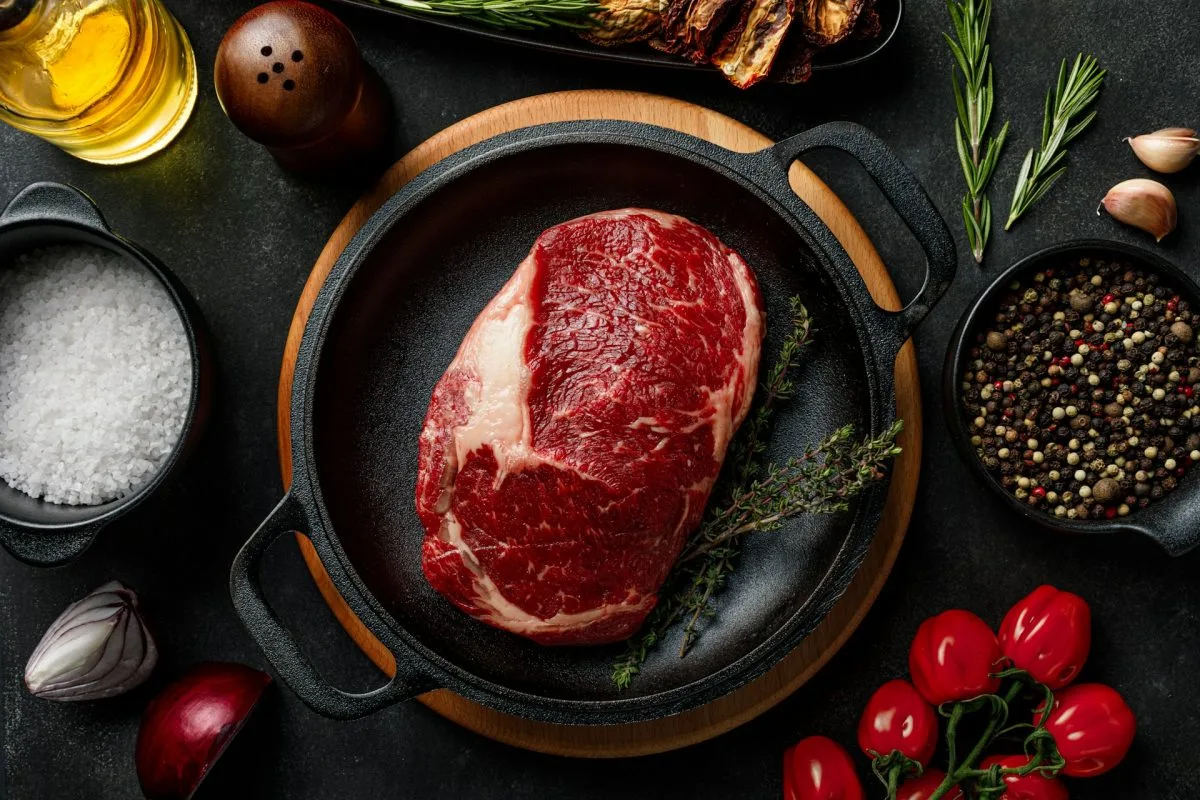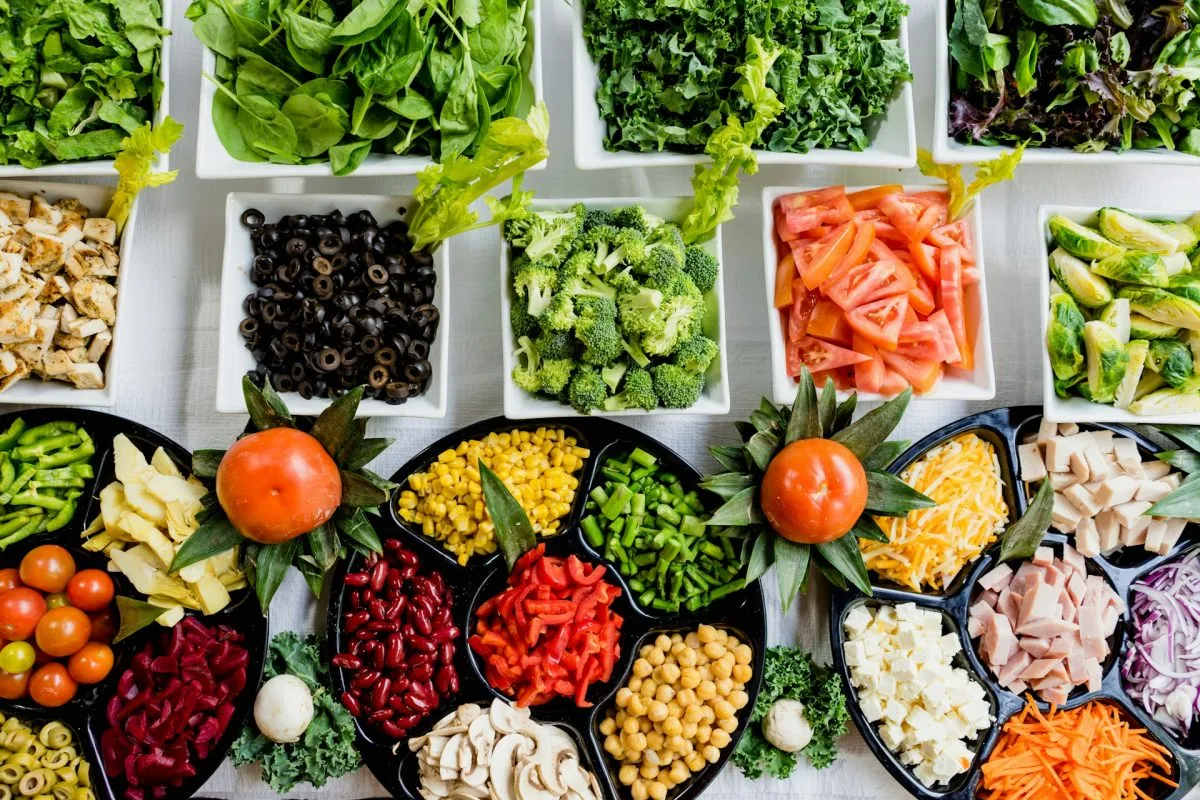
Mastering Dietary Restrictions in Catering: Tips to Please All Guests
Understanding the Importance of Catering to Dietary Restrictions
In the realm of event planning, the aim is not merely to serve food but to craft an experience that leaves every guest delighted. Acknowledging and accommodating dietary restrictions is essential in today’s diverse culinary landscape. Whether it’s catering for a private event or a larger gathering, recognizing guests’ dietary preferences significantly enhances their dining experience. Especially in Wollongong, where the demand for inclusive catering options is high, providing a variety of choices demonstrates respect for guests’ needs and showcases the quality of your service. It’s about creating an environment where every guest can indulge safely and joyously, making your event memorable for all the right reasons.
Understanding various dietary restrictions is crucial for effective catering. Guests may have restrictions based on allergies, intolerances, religious beliefs, or personal choices. By offering a wide range of options that cater to these needs, you ensure that every guest can fully enjoy the event without worry. This approach not only makes guests feel valued and cared for but also positions your service as thoughtful and inclusive. The result is an enhanced dining experience that contributes positively to the event’s overall success. Recognizing and addressing these needs accurately reflects a commitment to guest satisfaction and well-being, fostering a sense of inclusivity and attention to detail that is essential for any successful catering service.
Common Dietary Restrictions Explained
Understanding dietary restrictions is vital for us to be able providing exceptional event catering in Wollongong. Our commitment is to ensure every guest can relish a gourmet meal that caters specifically to their dietary needs. This section delves into the most prevalent dietary restrictions, equipping our team to offer exquisite and safe dining experiences. Here, we discuss everything from food allergies to personal health choices, ensuring top-notch service for every event.
Allergies and Intolerances

Defining Food Allergies: Common Triggers and Symptoms
Food allergies occur when the immune system mistakenly identifies a harmless protein found in foods as a threat, triggering an immune response. This reaction involves the release of chemicals like histamine, which can cause symptoms ranging from mild to life-threatening. Here are some common food allergens and the typical symptoms they may provoke:
- Nuts (including peanuts): Exposure can lead to reactions such as swelling, hives, and in severe cases, anaphylaxis—a rapid, potentially fatal allergic reaction.
- Shellfish: One of the most common allergens, which can cause symptoms such as hives, difficulty breathing, and anaphylactic shock.
- Eggs: Often provoke symptoms like skin rashes, nasal congestion, and gastrointestinal distress.
- Milk: Especially common among children, this allergen can cause reactions including hives, vomiting, and respiratory issues.
For caterers, it is crucial to be aware of these allergens and manage them carefully, particularly when preparing items like takeaway platters, to ensure all guests can enjoy their meals safely. This involves strict kitchen protocols to avoid cross-contamination and clear communication with guests about the ingredients in each dish.
Understanding Lactose Intolerance and Gluten Sensitivity Lactose intolerance and gluten sensitivity are two prevalent non-allergic food sensitivities that impact digestive processes differently from food allergies. These conditions are characterized by the body’s inability to process certain food components properly, leading to a range of symptoms.
Lactose Intolerance:
- Definition: Lactose intolerance stems from the body’s inability to produce enough lactase, the enzyme needed to digest lactose, the sugar found in milk and dairy products. When lactose remains undigested in the intestines, it causes fermentation by bacteria, leading to symptoms such as bloating, diarrhoea, and gas.
- Symptoms: Discomfort typically occurs after consuming dairy and includes bloating, diarrhoea, and abdominal cramps.
- Management: Offering lactose-free dairy products or dairy alternatives can help individuals manage their symptoms and enjoy dairy-like experiences without discomfort.
Gluten Sensitivity:
- Definition: Unlike celiac disease, which is an autoimmune condition, gluten sensitivity does not cause damage to the small intestine. However, the ingestion of gluten—a protein found in wheat, barley, and rye—leads to an array of gastrointestinal and non-gastrointestinal symptoms for those sensitive.
- Symptoms: These can include abdominal pain, bloating, diarrhoea, headaches, and lethargy, often resembling those of celiac disease but without the associated intestinal damage.
- Management: Providing gluten-free options ensures that guests with gluten sensitivity can safely enjoy their meals. This involves using ingredients that do not contain gluten and ensuring there is no cross-contamination during food preparation.
By catering to individuals with lactose intolerance or gluten sensitivity, it’s crucial to create menus that not only avoid the offending ingredients but also offer delicious and nutritious alternatives, ensuring all guests have a satisfying dining experience.
Vegetarian and Vegan Diets

What Is Vegetarianism? Different Types Explored
Vegetarianism involves various dietary patterns that exclude meat but may include other animal products. Each type offers a unique approach to plant-based eating while allowing some flexibility based on individual dietary preferences and nutritional needs:
- Lacto-ovo Vegetarian: Includes dairy and eggs but excludes meat, poultry, and seafood.
- Lacto Vegetarian: Includes dairy products but excludes eggs, meat, poultry, and seafood.
- Ovo Vegetarian: Includes eggs but no dairy, meat, poultry, or seafood.
Understanding these distinctions helps in preparing meals that respect each guest’s dietary preferences, contributing to the inclusivity of our party caterer in Wollongong.
Veganism: Principles and Key Dietary Considerations
Veganism is a stricter form of vegetarianism that excludes all animal products. This includes not only meat and seafood but also dairy, eggs, and any substances derived from animals. Vegans often choose this lifestyle for ethical, environmental, or health reasons, focusing on plant-based ingredients to fulfil nutritional needs. Veganism consists of these categories:
- Dietary Vegan: Avoids all animal products, not just meat and seafood, but also dairy, eggs, and animal-derived substances.
- Whole-food Vegan: Focuses on whole, unprocessed foods such as fruits, vegetables, nuts, seeds, and grains.
For private caterer in Wollongong, adapting these principles allows us to craft menus that offer delicious food suitable for any special occasion. Our vegan dishes are designed not only to meet nutritional needs but also to delight the taste buds with rich flavours and creative presentations. This approach ensures that every guest, regardless of their dietary choices, can enjoy a delicious and memorable meal.
Religious Dietary Laws

Halal: Understanding Islamic Dietary Standards
Halal dietary laws are deeply ingrained in Islamic culture and religion, emphasizing not just the physical aspects of food preparation but also the spiritual implications of consuming food that is lawful and good. These standards are designed to ensure that all aspects of food consumption uphold the moral and ethical guidelines prescribed in Islam, promoting cleanliness, health, and the humane treatment of animals.
- Halal Slaughter: Animals must be slaughtered with a swift, humane cut to the throat while invoking the name of Allah. This method is believed to reduce the pain and distress of the animal, leading to better meat quality.
- Forbidden Substances: Alcohol and pork products are strictly prohibited in any halal diet. Scientifically, this can be linked to health considerations, as pork can be a vector for parasites and diseases, and alcohol for its effects on behaviour and health.
- Halal Certification: Similar to kosher, halal foods require certification to guarantee adherence to Islamic law.
Kosher: Basics and Food Preparation
Kosher dietary laws are integral to Jewish cultural and religious practices and involve specific rules on food selection, preparation, and consumption. These regulations are deeply rooted in scripture and have evolved over centuries, serving not only religious purposes but also promoting cleanliness and dietary health. They encompass the types of animals considered permissible and the methods by which they must be slaughtered and prepared.
- Permitted Animals: Only certain animals, like cows and chickens, are kosher if slaughtered and processed according to kosher law. The scientific rationale behind the split-hoof and cud-chewing criteria ensures the animals are generally healthier and less likely to transmit diseases.
- Dairy and Meat Separation: This practice avoids mixing proteins that could lead to digestive issues, adhering to ancient dietary rules aimed at improving health.
- Kosher Certification: Foods must be certified by a kosher supervisor to ensure they meet all requirements, including the absence of forbidden additives and proper animal handling.
For corporate catering in Wollongong, understanding and implementing these religious dietary laws is essential. By offering a comprehensive catering solution that respects these practices, we ensure inclusivity and respect for all cultural and religious preferences at every event.
Low-Carb and Ketogenic Diets

The Basics of Low-Carbohydrate Eating
Low-carb diets focus on minimizing carbohydrate intake to encourage the body to burn fat for energy, rather than carbs. This approach is often favoured by those looking to manage weight or blood sugar levels:
- Reduction in Sugars and Starches: Emphasizes eating fewer grains, sweets, and starchy vegetables.
- Increased Protein and Fat Intake: Incorporates higher amounts of proteins and healthy fats to keep full and satisfied.
- Diverse Food Options: Includes a variety of meats, leafy greens, and high-fat dairy products to ensure nutritional balance.
Ketogenic Diet: Principles and Common Foods
The ketogenic diet is a stricter form of low-carb eating that aims to achieve ketosis, where the body uses fat as its primary energy source:
- Very Low Carb Intake: Typically limits carbs to less than 50 grams per day.
- High Fat Requirement: Focuses on fats for about 70-80% of total daily calories.
- Moderate Protein: Protein intake is moderate, avoiding excessive consumption which can prevent ketosis.
When preparing meals for friends and family, using the freshest ingredients ensures that even dietary-specific choices like low-carb and ketogenic dishes are delicious and enjoyable. This commitment to quality supports a healthier lifestyle while still allowing everyone to enjoy flavourful, well-prepared meals.
Conclusion

Catering for dietary restrictions requires a thoughtful and well-informed approach to ensure every guest enjoys their meal. From understanding the specifics of allergies and intolerances to respecting religious dietary laws and accommodating various diet plans like low-carb and vegan, a successful caterer in Wollongong must be adaptable and meticulous. Our dedication to inclusivity and the use of high-quality ingredients guarantees that every guest feels valued and well-cared for. As your trusted caterer, we commit to making every event a memorable experience, celebrating diversity in dietary preferences with grace and professionalism.
Looking for a catering solution that accommodates every dietary need? At Culinarius Catering, we specialize in customizing menus to ensure every guest at your event enjoys a delicious and appropriate meal. Whether it’s a corporate function, a private party, or a special celebration, our team is dedicated to providing exceptional service with the freshest ingredients across Wollongong.
Contact us today online or call us at (02) 4228 1800 to discuss your catering needs and let Culinarius Catering make your next event in Wollongong a memorable success.

